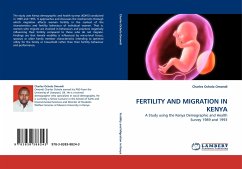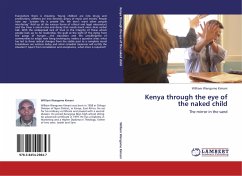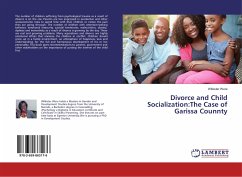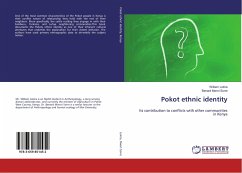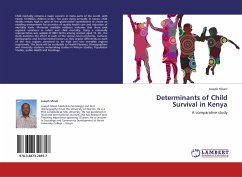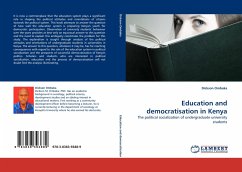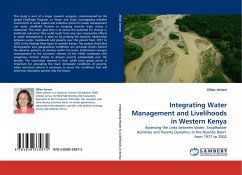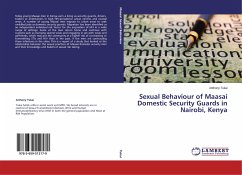The study uses Kenya demographic and health surveys (KDHS) conducted in 1989 and 1993. It approaches and discusses the mechanisms through which migration affects women fertility in the context of the characteristics and fertility behaviour of individual women. That is, women who migrate are involved in behaviours and practices negatively influencing their fertility compared to those who do not migrate. Findings are that female mobility is influenced by micro-level forces, spouses or older family member characteristics intending to optimise utility for the family or household rather than their fertility behaviour and performance.
Bitte wählen Sie Ihr Anliegen aus.
Rechnungen
Retourenschein anfordern
Bestellstatus
Storno

